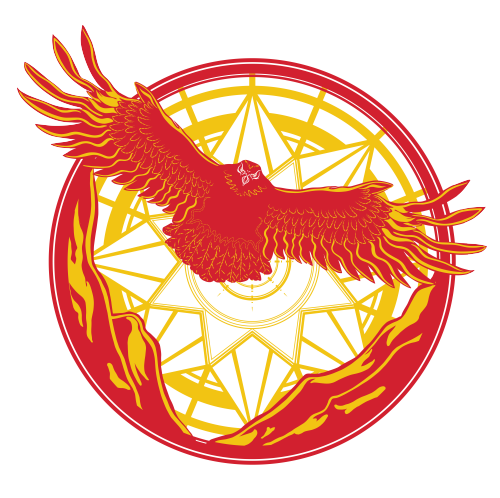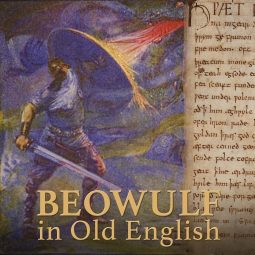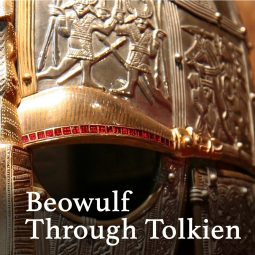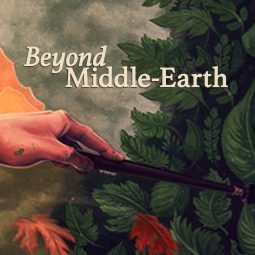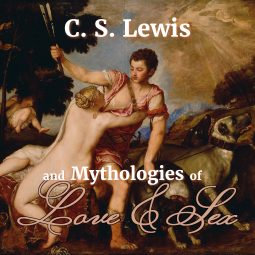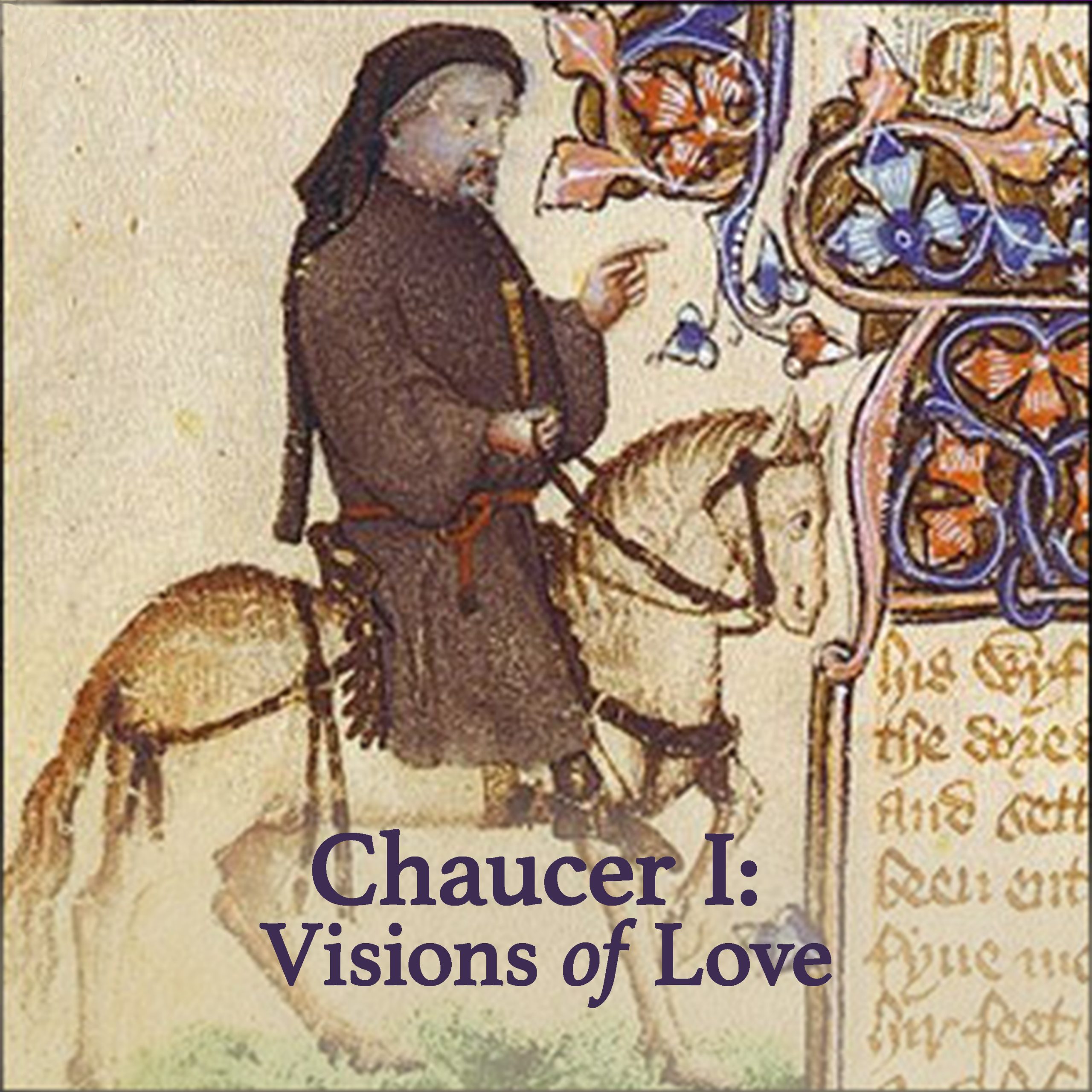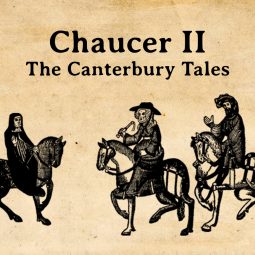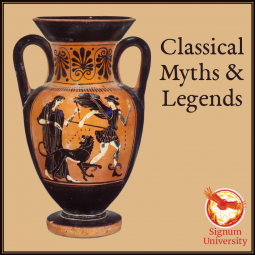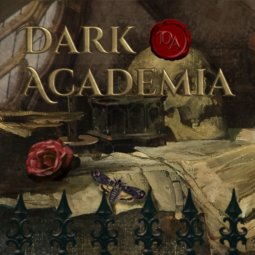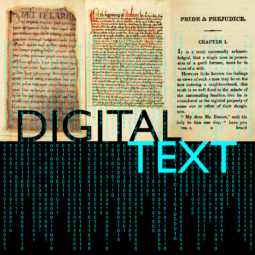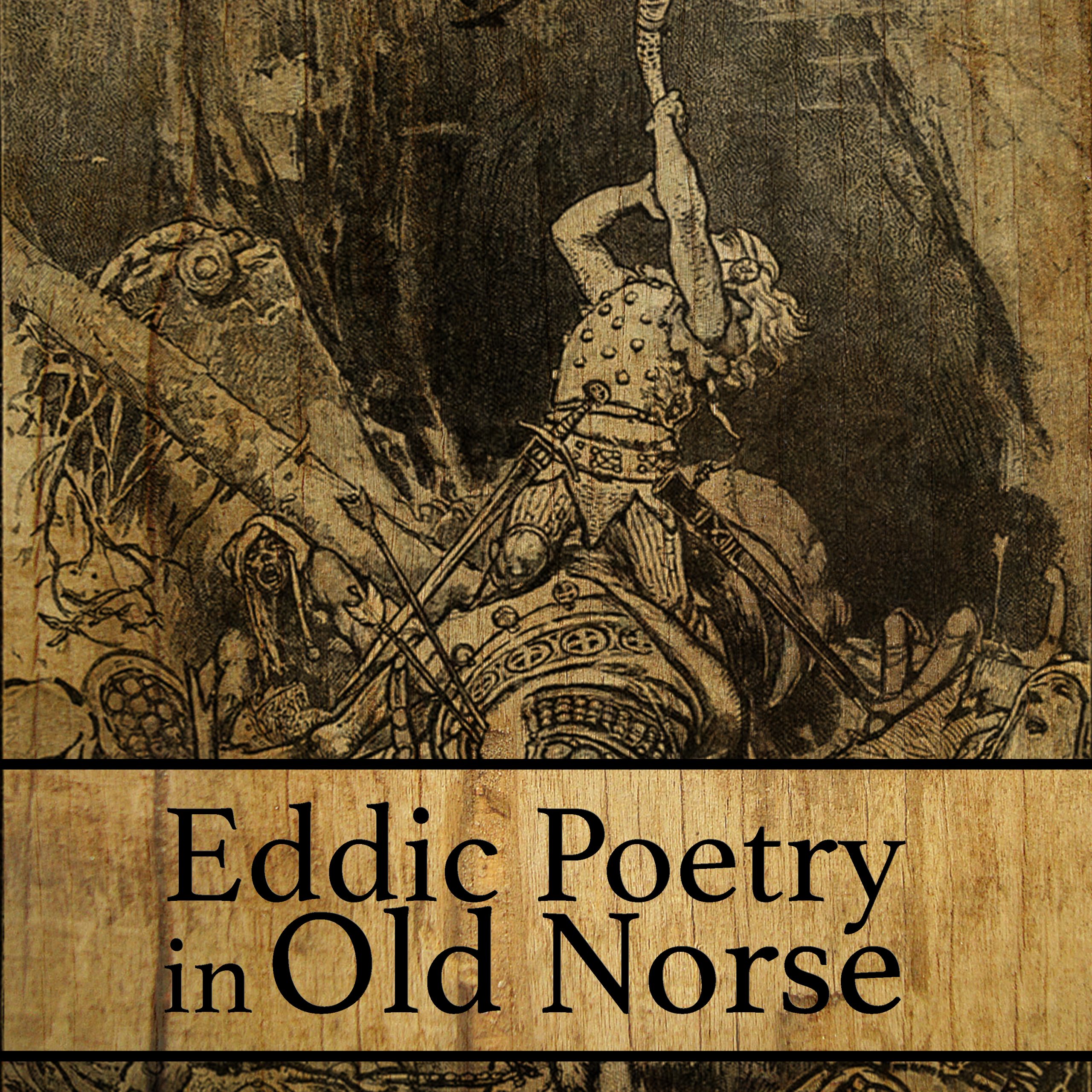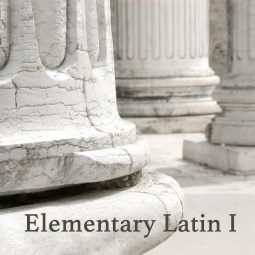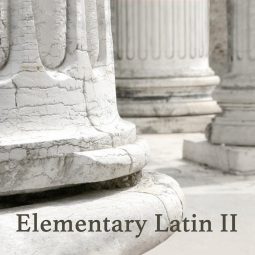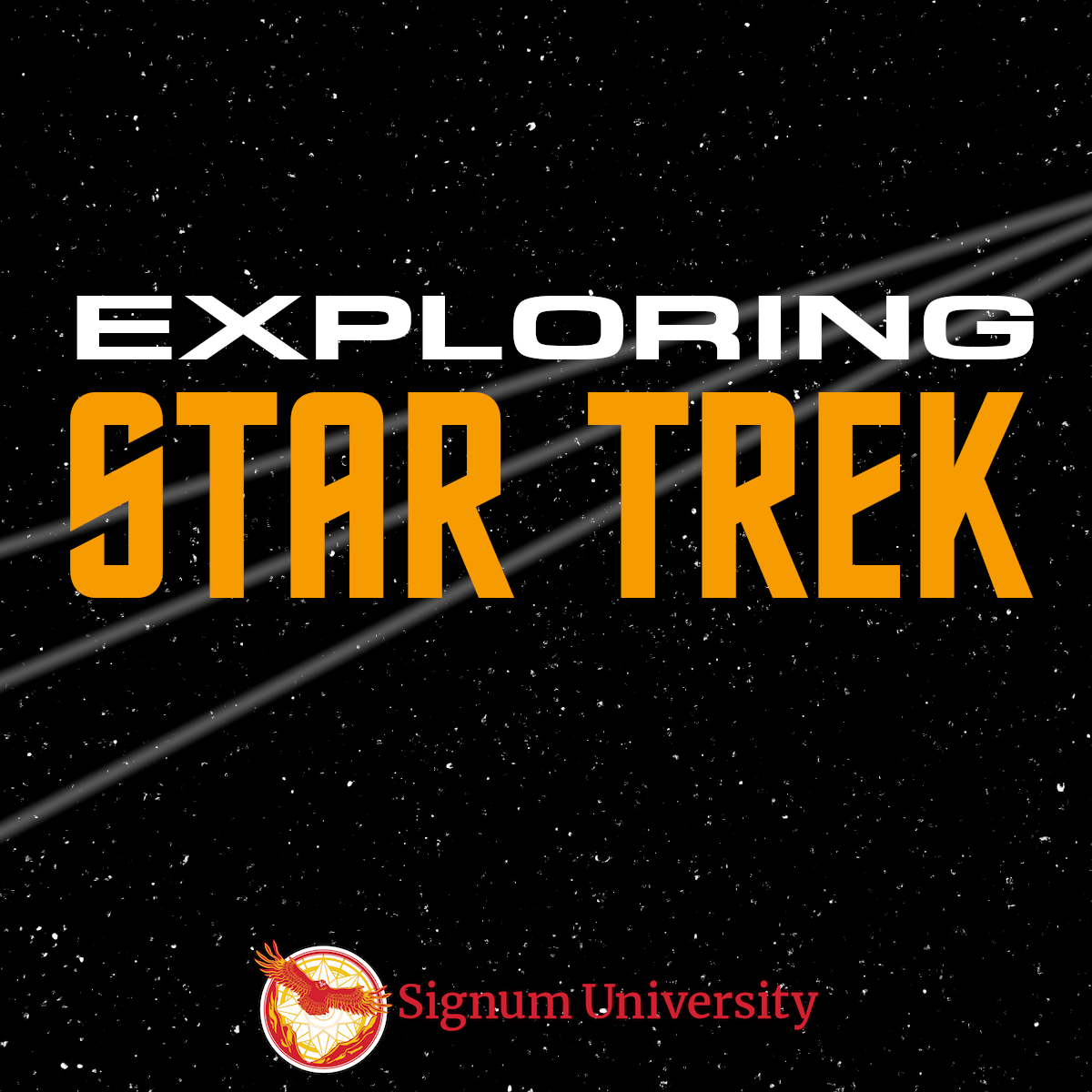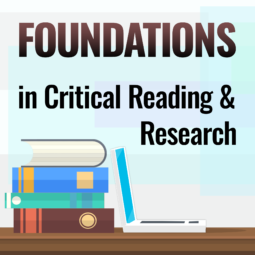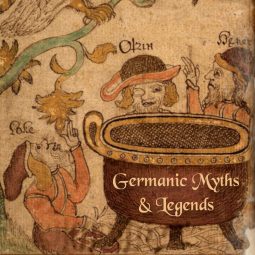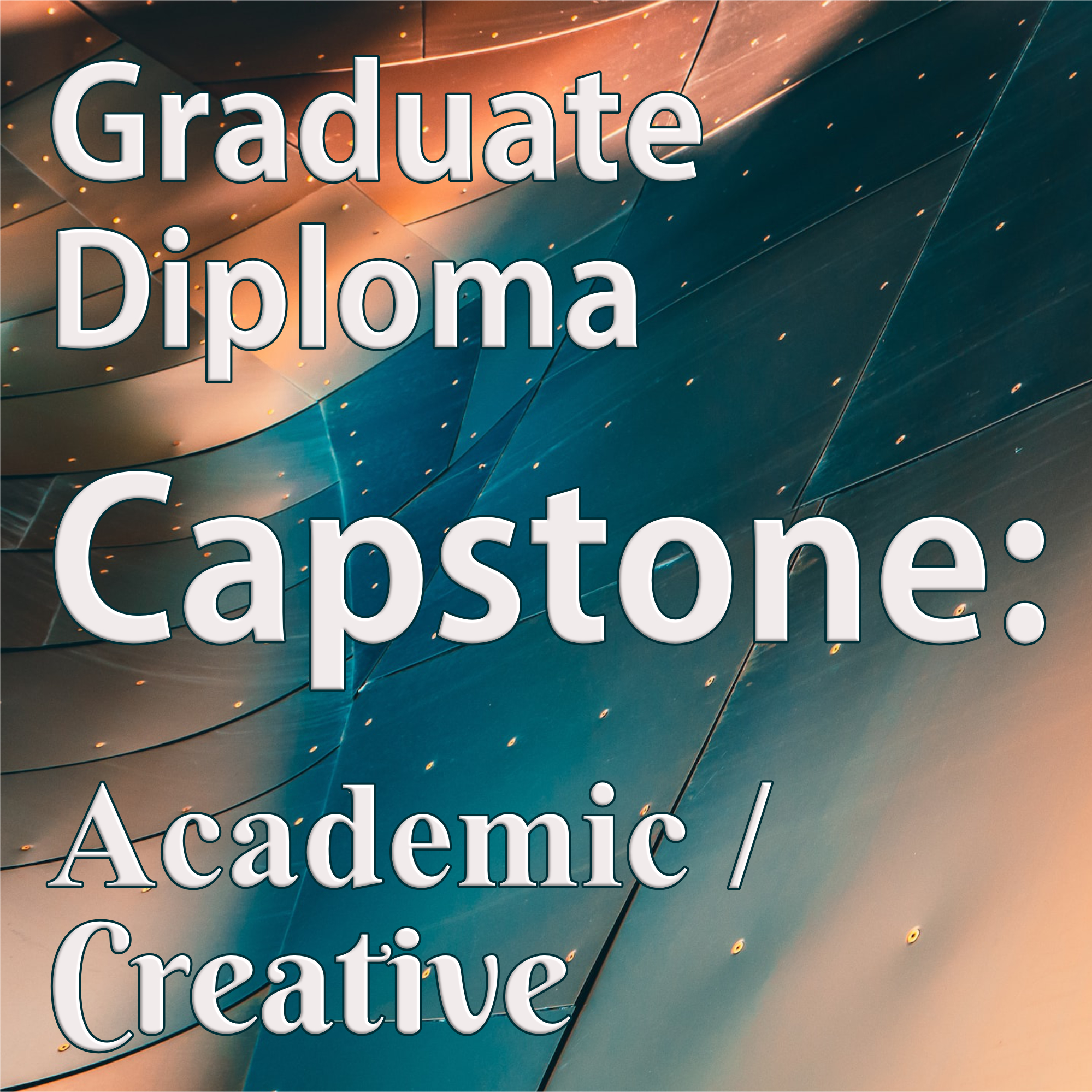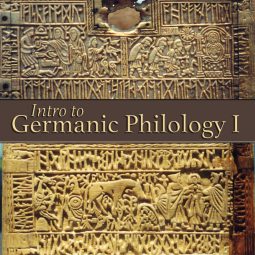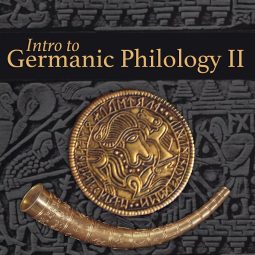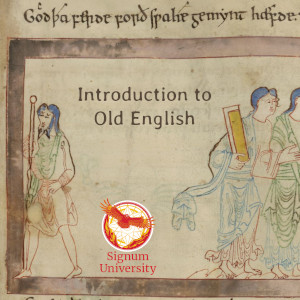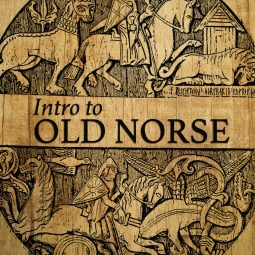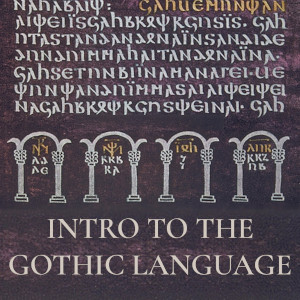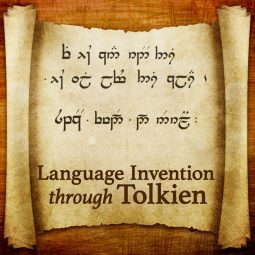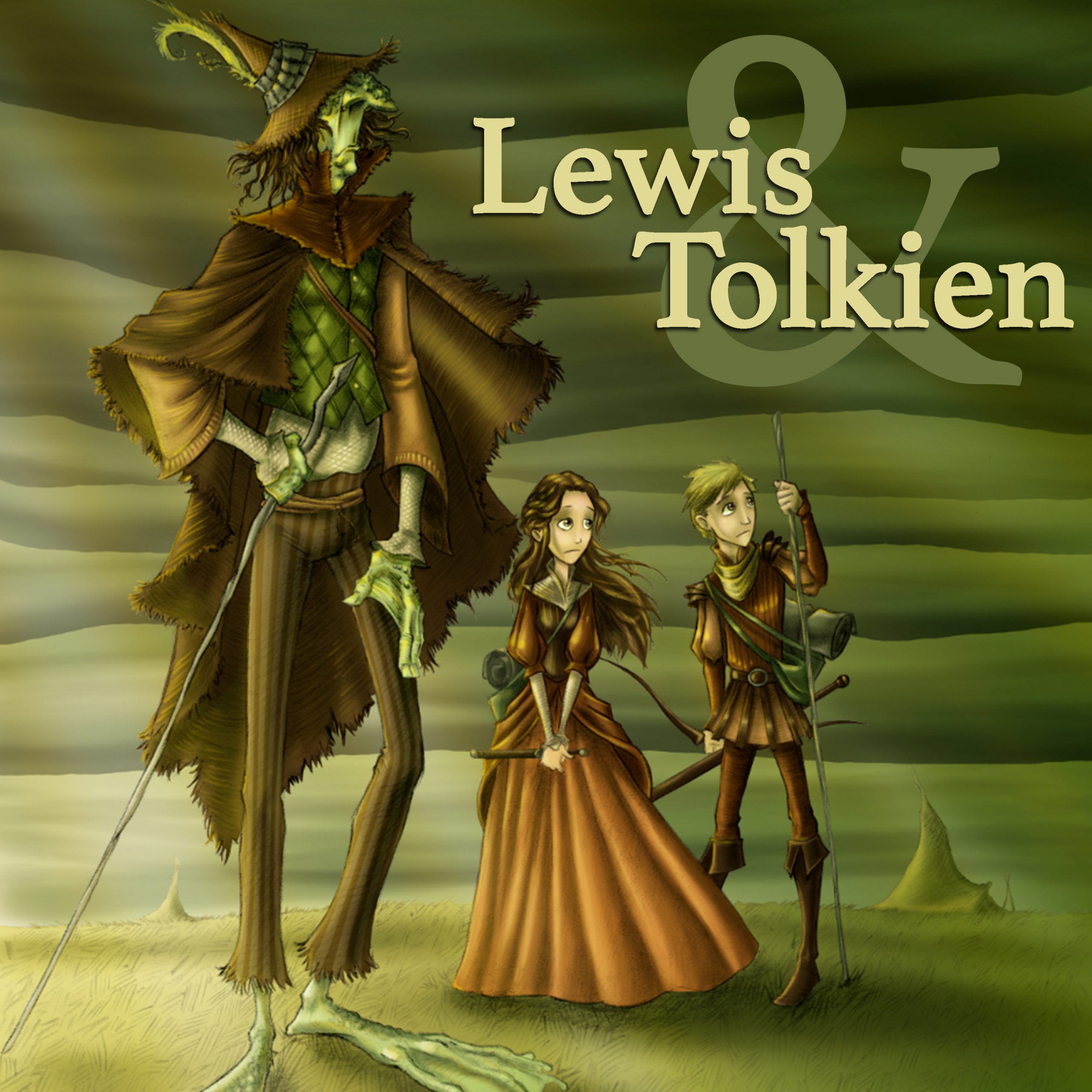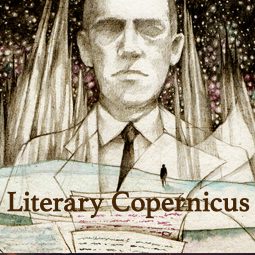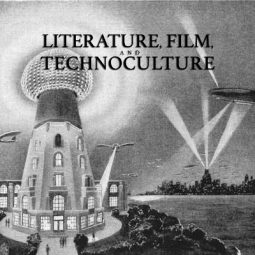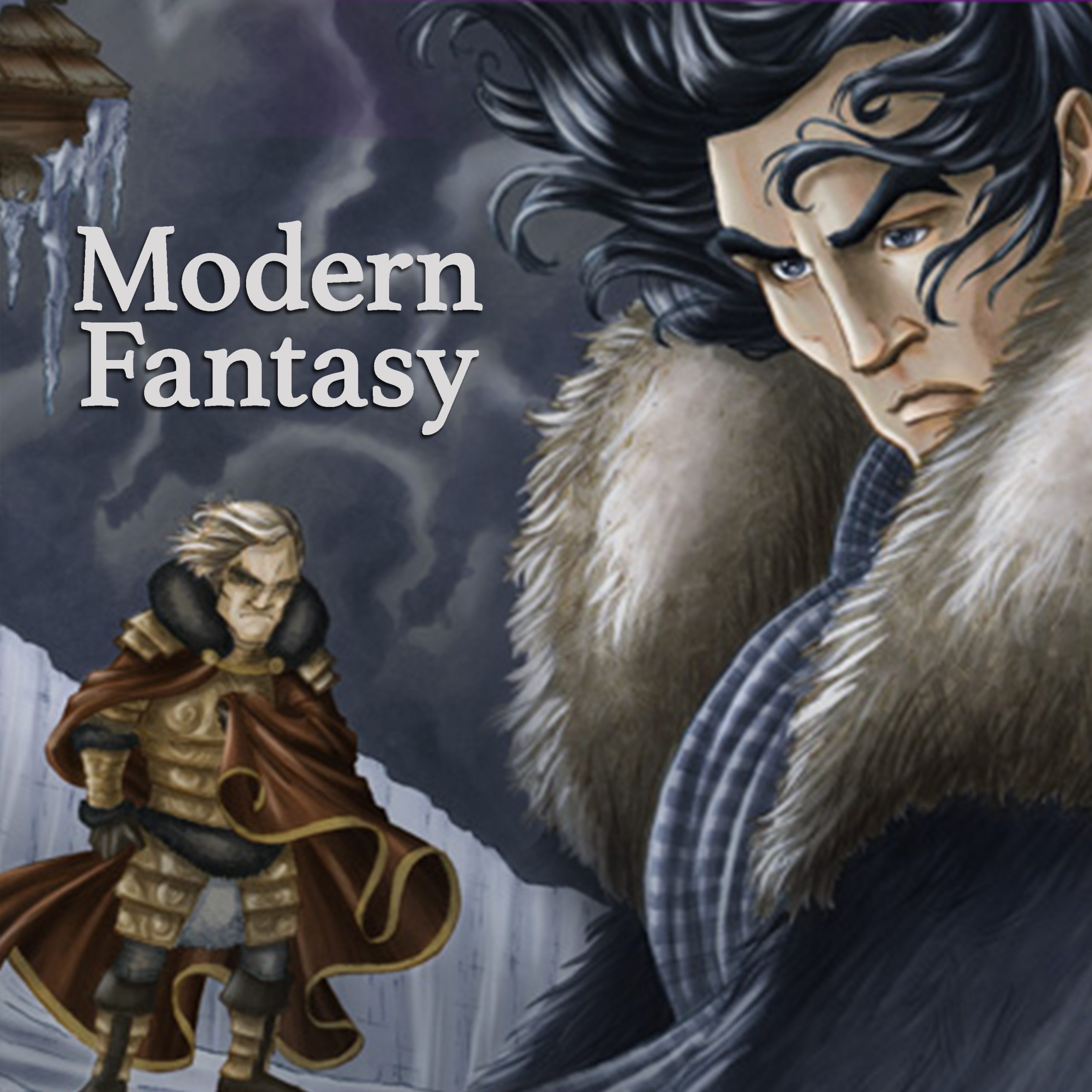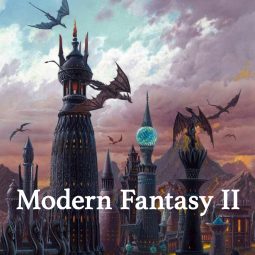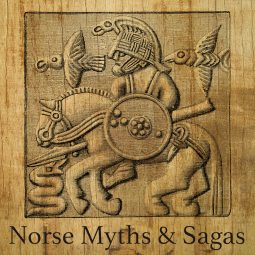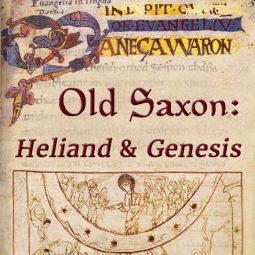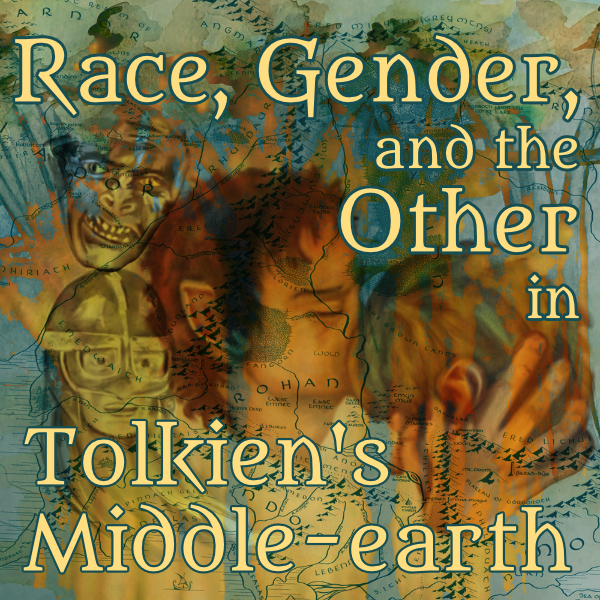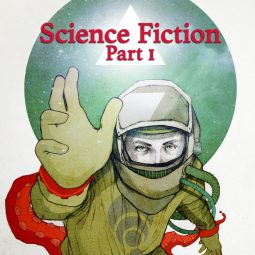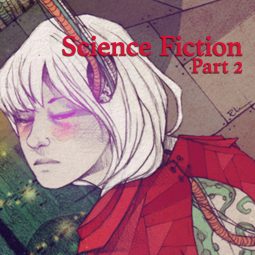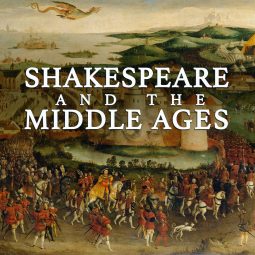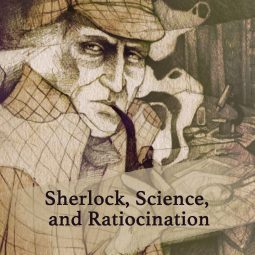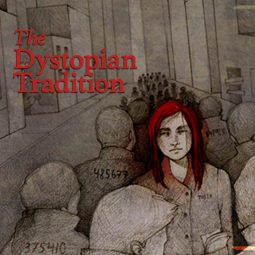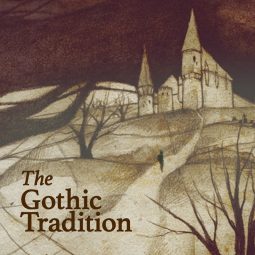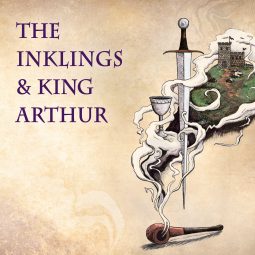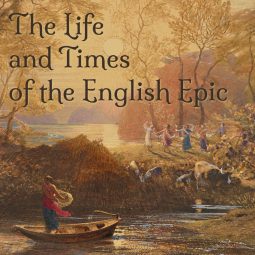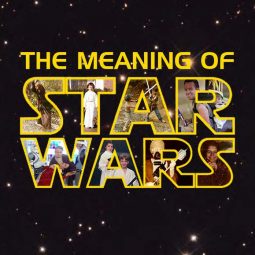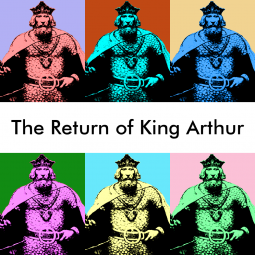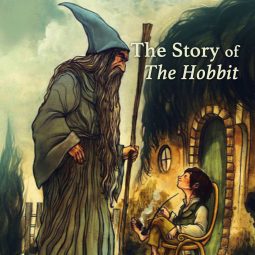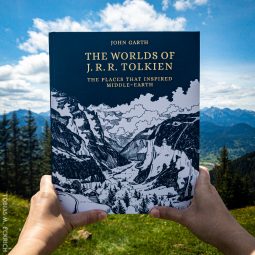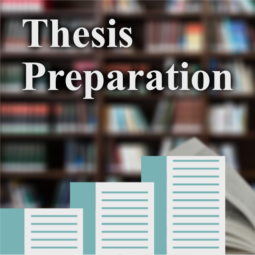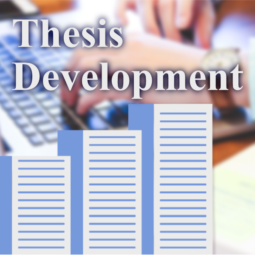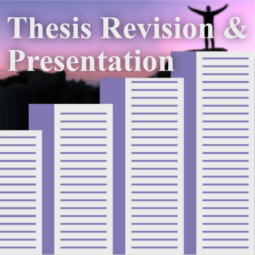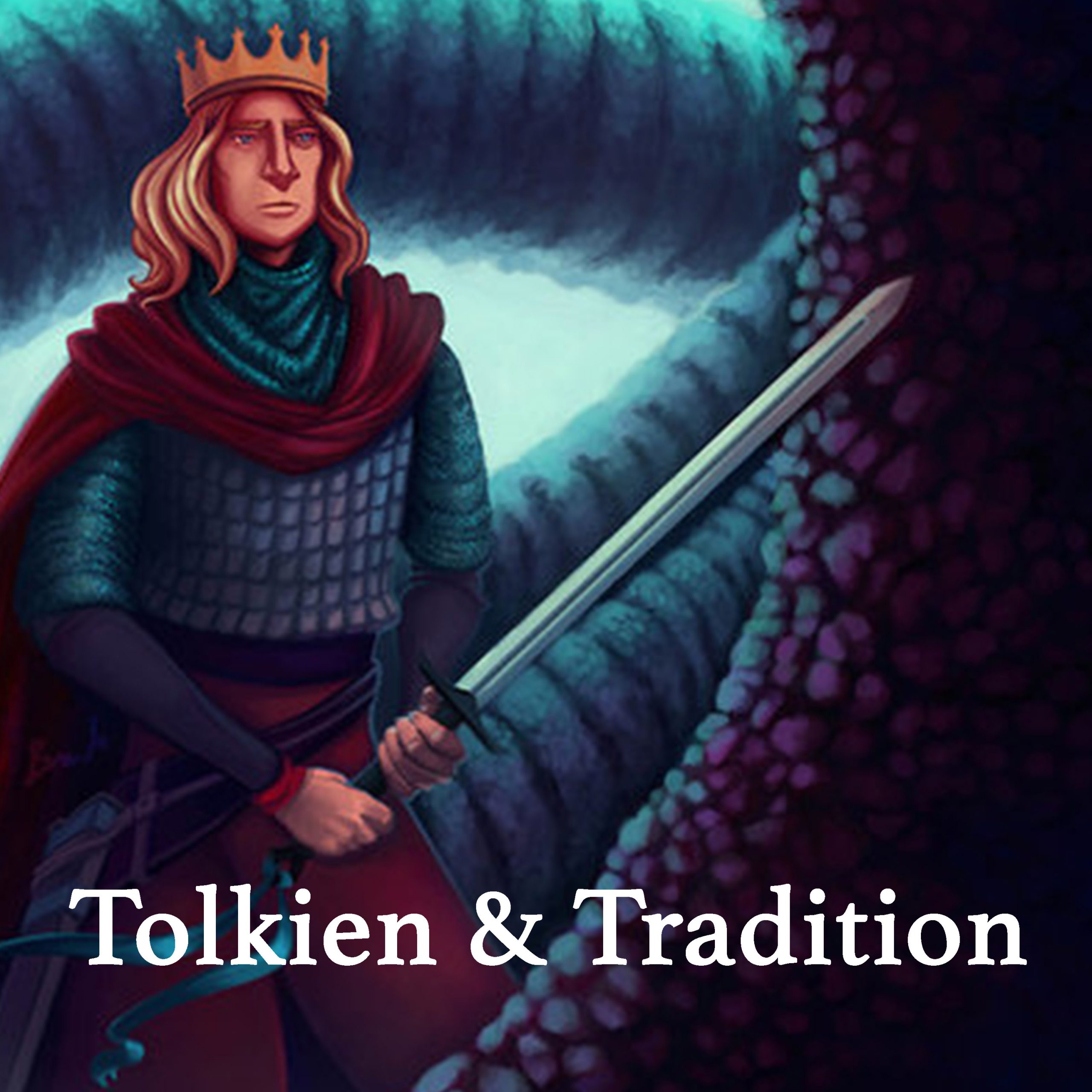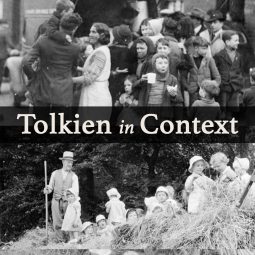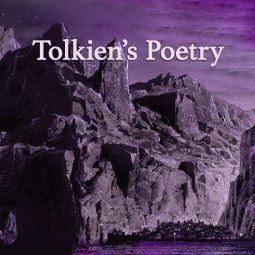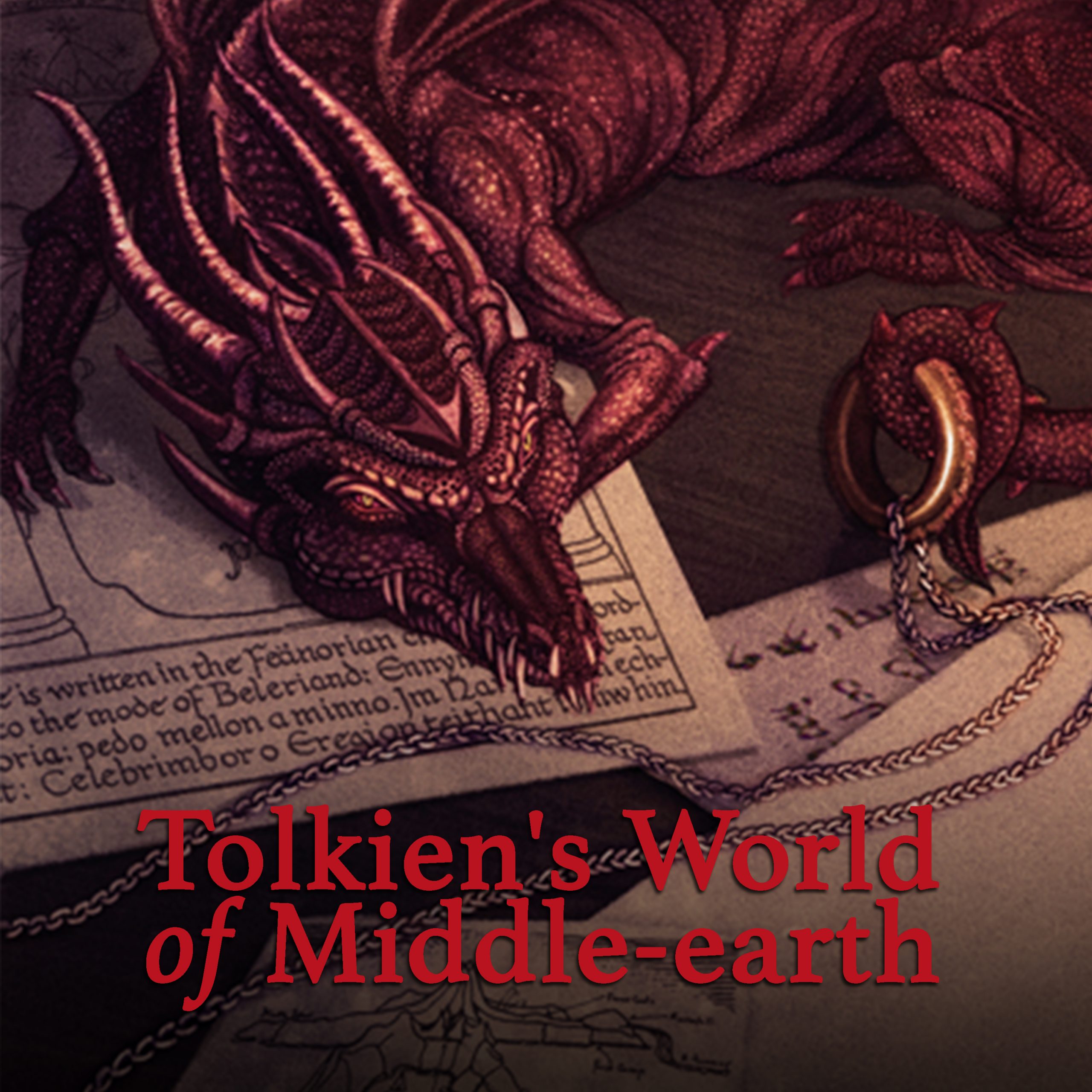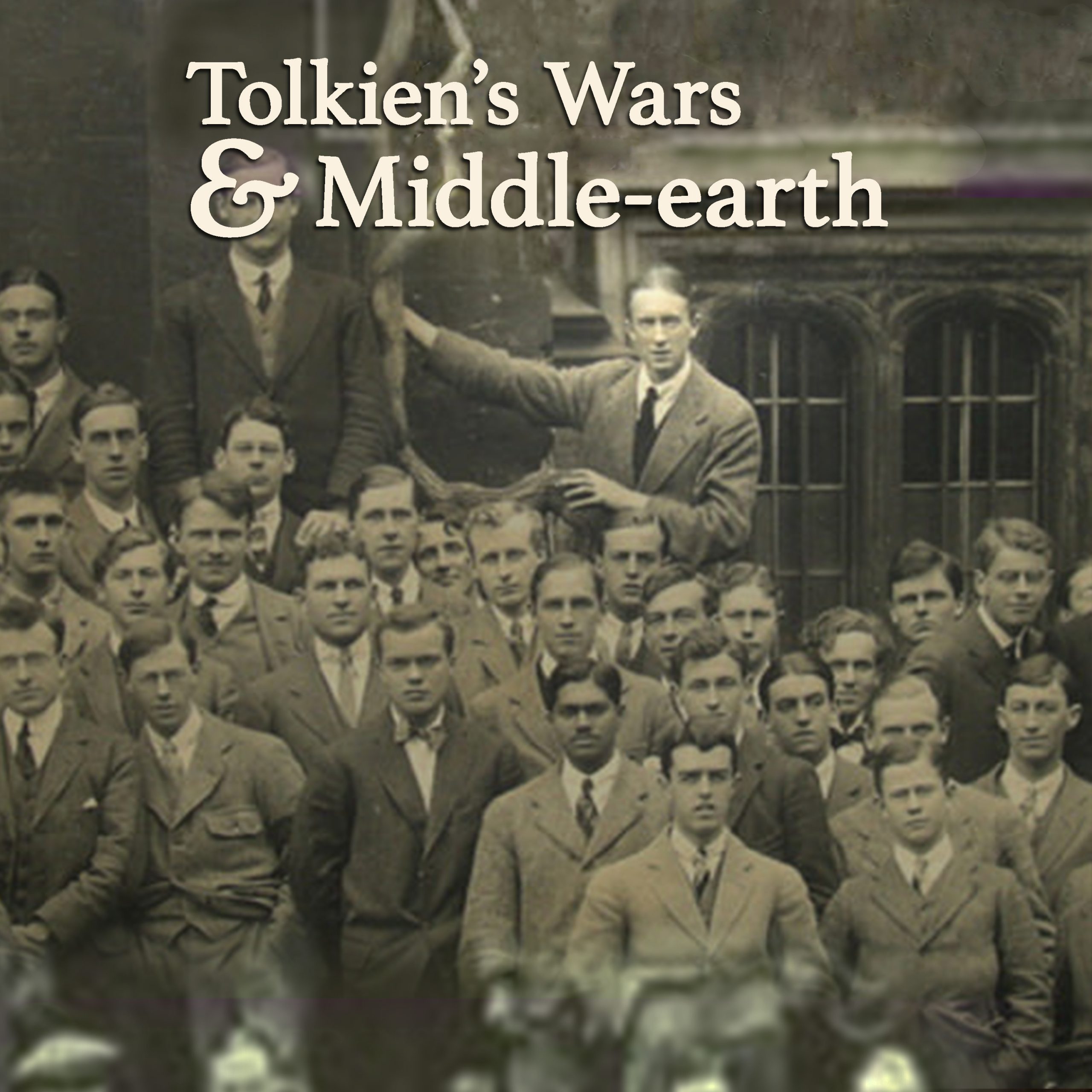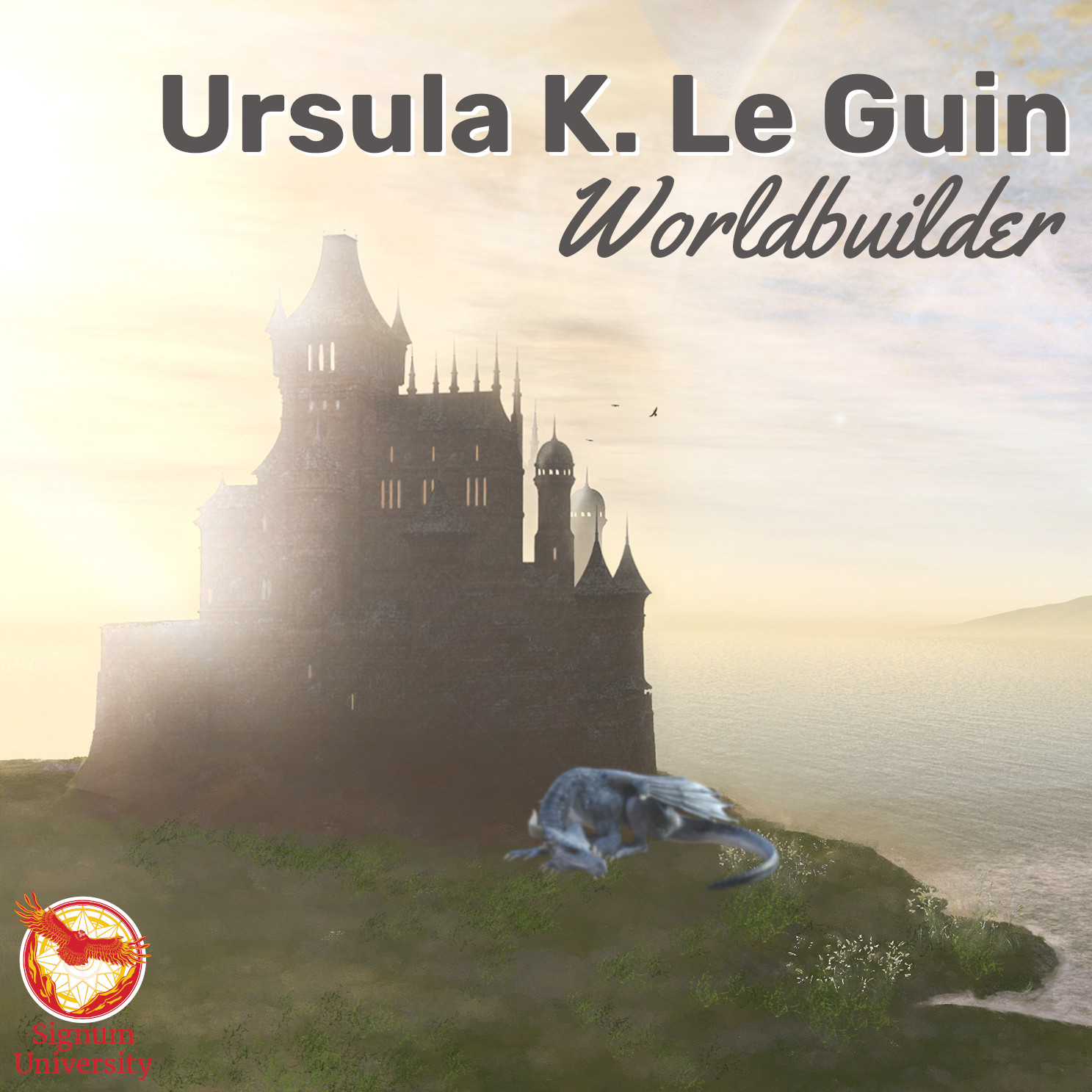-
Beowulf in Old English
This intensive, seminar-style class will give students an opportunity to practice translating the Old English language and to become intimately familiar with the Beowulf text.
-
Beowulf Through Tolkien
This course examines Tolkien and Beowulf together to provide insight into both the classic Old English epic and Tolkien’s modern fantasy works.
-
Beyond Middle-earth
Join Corey Olsen and Tom Shippey for an in-depth look at the works of J.R.R. Tolkien.
-
C.S. Lewis and Mythologies of Love and Sex
This course explores some of the great mythologies of love that provide a background to today’s culture, sketched out along the twin paths of C.S. Lewis’ The Four Loves and a chronological development of the ideas of love.
-
Chaucer I: Visions of Love
This class is the first semester in a two-part survey of Chaucer’s major works, looking at his early dream vision poems and his greatest completed work: Troilus and Criseyde.
-
Chaucer II: The Canterbury Tales
In this class we will study one of the great classics of English literature, The Canterbury Tales, in which we see Chaucer at the height of his poetic abilities, mixing sensitive characterization with stunningly complex storytelling.
-
Classical Myths and Legends
This course puts the myths and legends of the Classical world in their wider cultural and historical contexts.
-
Dark Academia
Dark Academia explores this thriving genre which combines the Gothic, schooldays stories, mystery, and speculative fiction.
-
Digital Text
This course is an introduction to developing and working with texts electronically, particularly literary and historical language texts.
-
Eddic Poetry in Old Norse
This course focuses on reading selections from this poetic literature in Old Norse, providing students with the opportunity practice their skills in translating the Old Norse language.
-
Elementary Latin I
Elementary Latin I is an intensive course designed to introduce you to the basic elements of the Latin language.
-
Elementary Latin II
The second semester of Elementary Latin completes the introduction to the basic elements of the Latin language, emphasizing the fundamentals of grammar, vocabulary, and reading comprehension.
-
Exploring Star Trek
Amy Sturgis boldly takes Signum where it’s never gone before: into Star Trek!
-
Foundations in Critical Reading and Research
This core course introduces students to current practices and conventions of graduate scholarship in Language and Literature, core literary theories, and foundational Humanities skills.
-
Germanic Myths and Legends
This course puts the myths and legends of the medieval Germanic world in their wider cultural and historical contexts.
-
Graduate Diploma Capstone Project
The Capstone project is an optional add-on to the Graduate Diploma in Language and Literature at Signum University.
-
Introduction to Germanic Philology I
This class offers a survey of the older Germanic languages (especially Gothic, Old Norse, and Old English), and the literatures written in those languages.
-
Introduction to Germanic Philology II
This class provides an introduction to Germanic comparative philology in a broad sense. Students are not expected to have prior familiarity with any language other than modern English.
-
Introduction to Old English
This course provides an introduction to Old English grammar, giving students a working reading competency in the language and the chance to put that knowledge into practice.
-
Introduction to Old Norse
The first half of this course provides a focus on Old Icelandic grammar, and the second half allows students to begin reading from a selection of Old Icelandic prose and poetic texts.
-
Introduction to the Gothic Language
This course will introduce students to the basics of the Gothic language and grammar and set the language within its historical and literary context.
-
Language Invention Through Tolkien
This course will explore language invention through the works of the greatest and most prolific inventors of language for fictional works and world building – J.R.R. Tolkien.
-
Lewis & Tolkien
In this course, students will examine the friendship and works of C.S. Lewis and J.R.R. Tolkien, and their influence upon each other.
-
Literary Copernicus: The Cosmic Fiction of H.P. Lovecraft
This course explores the work of H.P. Lovecraft and his impact on literature and popular culture. Students will study the foundations of Lovecraft’s writing, the meaning behind his works, along with his cosmic vision and legacy.
-
Literature, Film, and Technoculture
This course surveys a range of literary and cinematic narratives that explore the growth, acceleration, and consequences of modern technoculture. Works of literature will be placed alongside films and embedded historically within debates and developments.
-
Modern Fantasy I
This course explores fantasy literature written within the past 50 years, with an examination of the works of six top modern fantasy authors: Peter Beagle, Ursula Le Guin, Neil Gaiman, Jim Butcher, Garth Nix, and George R. R. Martin.
-
Modern Fantasy II
This course explores fantasy literature written over the past 60 years with an examination of the works of six modern fantasy authors.
-
Norse Myths and Sagas
This course provides an introduction to the myths and sagas of medieval Scandinavia.
-
Old Saxon: Heliand and Genesis
Read and translate the major works of Old Saxon literature in this language seminar.
-
Race, Gender, and the Other in Tolkien’s Middle-earth
This course explores the issues of race, sexuality, gender, and Othering in the mythological legendarium of J.R.R. Tolkien.
-
Science Fiction Part I
Join award-winning scholar Dr. Amy H. Sturgis as she explores the ways in which the literature of science fiction over time has asked the question: “What if?”
-
Science Fiction Part II
Join award-winning scholar Dr. Amy H. Sturgis as she explores the ways in which the literature of science fiction over time has asked the question: “What if?”
-
Shakespeare and the Middle Ages
The course examines Shakespeare’s Comedies in the context of their medieval literary sources, his Histories in light of Tudor views of the recent medieval past, and his Tragedies in the context of medieval beliefs and cosmologies.
-
Sherlock, Science, and Ratiocination
This course focuses on Edgar Allan Poe and Conan Doyle and how their works blended scientific method, mystery, and imagination to create the modern literature of detection.
-
The Dystopian Tradition
This class will consider historical and current “what if?” thought experiments, including classics such as 1984 and bestsellers like The Hunger Games.
-
The Gothic Tradition
This course will investigate the fascinating and subversive Gothic imagination, identify the historical conditions that have inspired it, and consider how it has developed across time and place and medium.
-
The Inklings and King Arthur
This course explores how J.R.R. Tolkien, C.S. Lewis, Charles Williams, and other Inklings authors interpreted the Arthurian legends in their work.
-
The Life and Times of the English Epic
In this course, students will study the evolution of the English Epic over time.
-
The Meaning of Star Wars
Join Dr. Amy H. Sturgis as she explores Star Wars from its inception through its many reinventions and innovations to find its true meaning(s).
-
The Return of King Arthur
This course explores modern retellings of the Arthurian legend in novels, poetry, plays, films, short stories, and comics.
-
The Story of the Hobbit
This course examines the life of J.R.R. Tolkien’s The Hobbit, including several important precursors of the book, works that helped establish the genre in which Tolkien was writing, and which influenced Tolkien’s own thinking.
-
The Worlds of J.R.R. Tolkien
John Garth delves into theories concerning geography, nationhood, and the environment to explore Tolkien’s primary and fictional worlds.
-
Thesis Semester I: Thesis Preparation (Language & Literature)
This is a one-semester, three-credit course that consists of reading, research, and assignments completed in one-on-one consultation with a Director. Students may register for this course only after their thesis topic is approved by the thesis coordinator.
-
Thesis Semester II: Thesis Development (Language & Literature)
This is the second of three semesters devoted to the final thesis in the graduate program in Language & Literature.
-
Thesis Semester III: Thesis Revision and Presentation (Language & Literature)
This is the third of three semesters devoted to the final thesis in the graduate program in Language & Literature.
-
Tolkien & Tradition
This course helps students learn to evaluate Tolkien’s works both individually and comparatively, judging them in the context of each other as well as of their sources.
-
Tolkien in Context
This course examines how Tolkien’s subcreated world of Middle-earth engages with issues and concepts relevant to readers, including racism, immigration, the place of women, the ongoing battle of good versus evil, environmental concerns and the rise of technology.
-
Tolkien’s Poetry
In this class, we will examine Tolkien’s short poetic works in detail, taking a chronological look at Tolkien’s career through the window of his poetry.
-
Tolkien’s World of Middle-earth
In this course, students will read Tolkien’s critical essays, translations, and imaginative stories to explore how his world and his myth developed over time.
-
Tolkien’s Wars and Middle-earth
This course explores the life of J.R.R. Tolkien and the impact his experiences had on his work, with a particular focus on the World War I and World War II time periods.
-
Ursula K. Le Guin: Worldbuilder
This course explores the major science fiction and fantasy works of Ursula K. Le Guin, how they relate to her literary theories and social interests, and how she envisioned and revisioned the worlds of her imagination.
